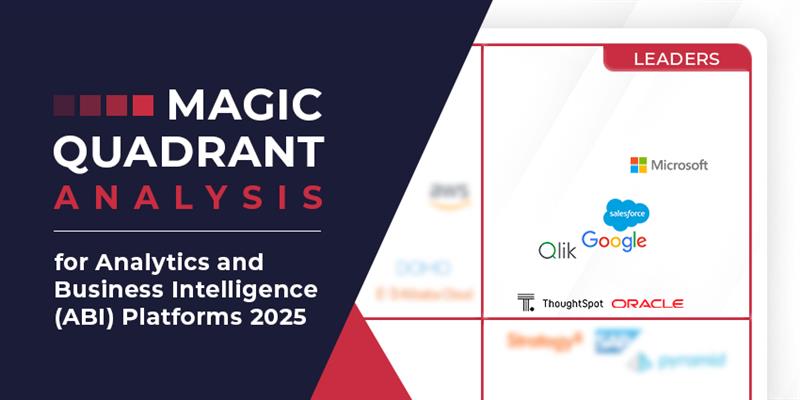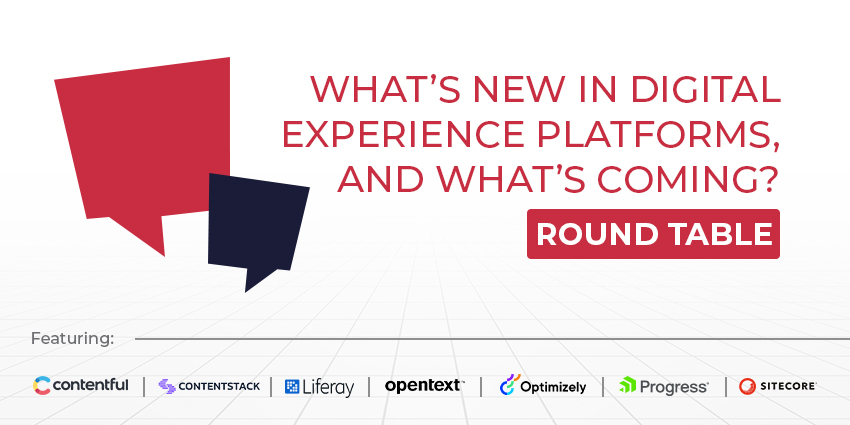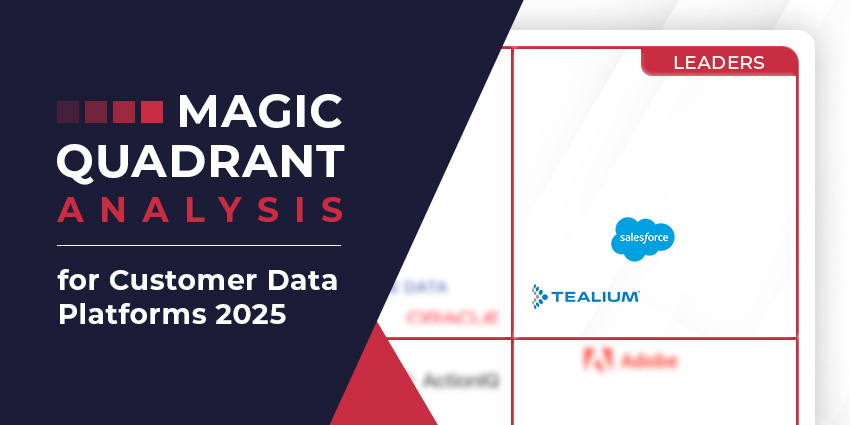Across its software, infrastructure, and consulting businesses, IBM has beaten quarterly revenue estimates.
Overall, the business secured $14.1BN in Q3 revenues, up 15 percent YoY in constant currency.
The results are impressive, given the difficulties many CX vendors forecasted, due to economic uncertainty. Indeed, its shares soared six percent after the announcement.
While many factors contribute to the results, Arvind Krishna, Chairman and CEO of IBM, credits its focus on hybrid cloud and AI as its rocket fuel.
“By deploying powerful hybrid cloud and AI technologies, IBM is helping businesses seize new opportunities, overcome today’s challenges, and emerge stronger,” said Krishna
Our point of view is clear: hybrid cloud and AI are the two most transformational enterprise technologies of our time.
Hybrid Cloud: The Dominant Architecture for Enterprises
77 percent of enterprises have adopted hybrid cloud for their organizations – according to a recent Harris Poll survey – as they bid to drive value across multiple environments.
Moreover, hybrid cloud presents an attractive option for an incremental transition to the cloud, which allows departments to keep elements of heavily customized on-premise solutions.
Such a considered approach seems to be gaining ground, especially as companies wish to integrate new cloud innovations without adding layers of complexity.
Perhaps this is best reflected in the growth of IBM’s Red Hat, which lifted 18 percent YoY.
Through this open-source innovation, IBM is supporting businesses to accelerate their digital transformation journeys. As Krishna stated:
Our platform-centric strategy continues to have good momentum, adding a couple of hundred hybrid cloud platform clients in the third quarter.
These new clients include Bank of America, Bharti Airtel, and Samsung Electronics, each wanting to advance their hybrid cloud computing models.
Seizing Four AI Use Cases
“As demographic shifts continue to add pressure to modern economies, coupled with wage inflation, companies are eager to deploy AI and automation capabilities at scale to boost their levels of productivity,” said Krishna.
Across the enterprise, IBM has benefitted from the emergence of four AI use cases. These are:
- AI to interact and converse
- AI to automate IT processes
- AI to extract knowledge and insights
- AI to automate business workflows such as HR, supply chains, and financial reporting
While IBM supports each use case, its Watson Assistant is a prominent conversational AI tool in a burgeoning market.
Indeed, the offering can switch between various topics, suggest alternative communication routes, and enable a human-in-the-loop service experience.
Gartner named IBM a market leader in its 2022 Magic Quadrant for Enterprise Conversational AI Platforms thanks to such capabilities.
Optimism at IBM
Double-digital growth in its Red Hat business is a significant win for IBM. It supports its belief in the future of multi-cloud, with on-premise solutions still part of the go-forward plan for many.
Such results underline a positive quarter, with more than 50 percent of IBM’s revenue residing outside the US, where many currencies lag the dollar.
Moreover, its stock price is only down by eight percent Year To Date (YTD), which is considerably better than most other high-profile technology companies.
All these reasons have given IBM the confidence to raise its revenue growth forecast for 2022.







